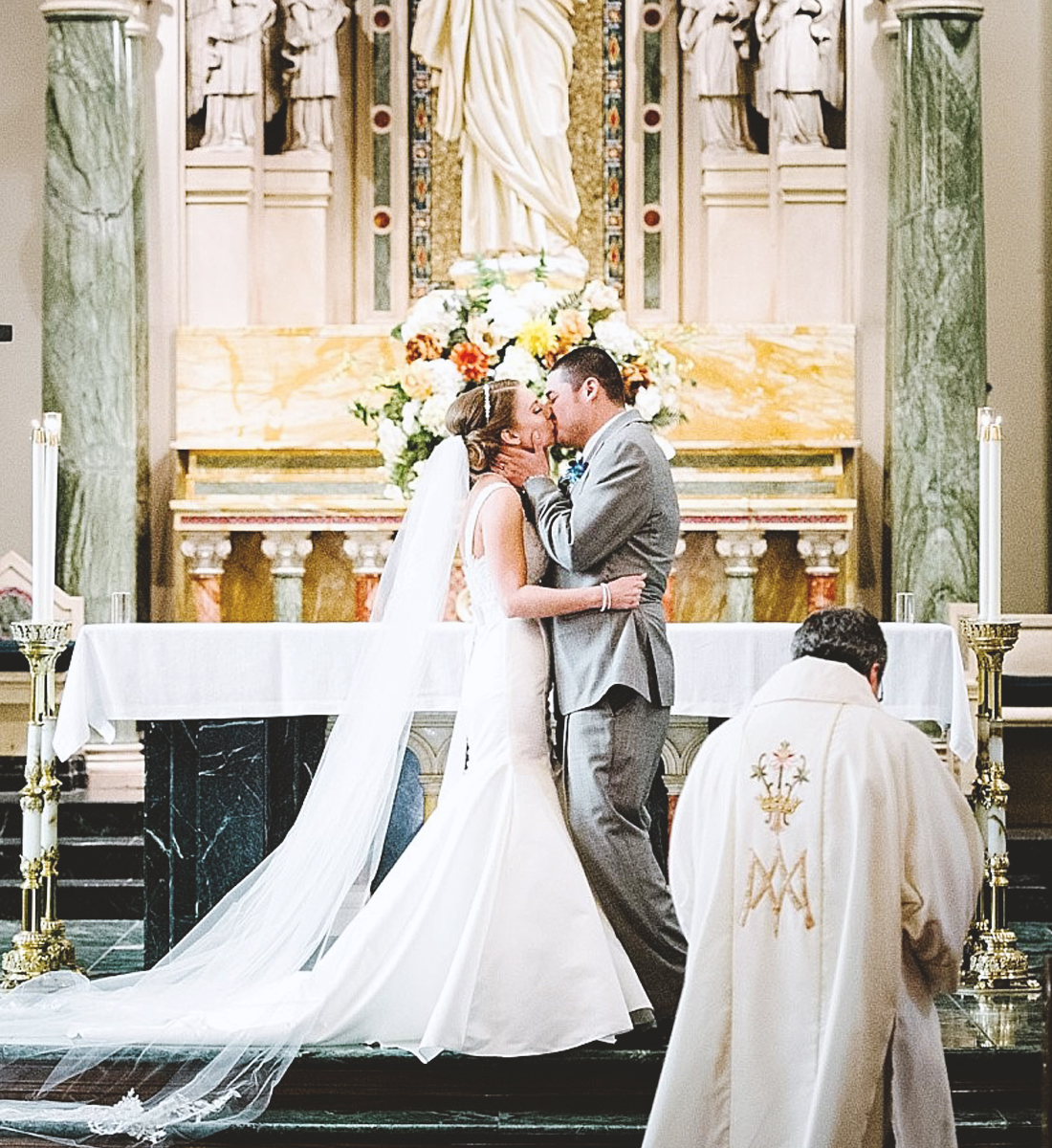
Planned Giving allows you to leave a powerful legacy, but costs nothing today. It can take many forms depending on your assets and how you’d like to support the Catholic Foundation. We accept gifts and pledges of donations, assets and planned gifts such as life insurance policies, charitable gift annuities, gifts of stock, retirement plans, real property, and charitable remainder trusts.
Downloadable donation forms, helpful links, and sample language for bequests can be found on our Donor Resources page

Through your Planned Giving you can choose to support an existing Named Fund or create a new Named Fund with a gift of $10,000 or more. You can also establish a Named Fund with a pledge for donations spread over a five year term. You get to choose how your gift is used for the parish, school, ministry, or charity of your choice.
Contact the Catholic Foundation at (915) 872-8412 for more information on starting a Named Fund.
Having a will is arguably one of the most important things you can do for your family. Through your will, you can dictate how your assets should be distributed, select a legal guardian for any minor children, and outline your preferred funeral arrangements. Without a will, the court will make decisions on your behalf through a lengthy process called probate. However, it is possible the court’s decisions won’t align with your values and wishes.
Traditionally, making a will involves setting up a meeting with a local attorney and then visiting their office to discuss your wishes and instructions, which normally takes around 30-40 minutes. After your meeting, your lawyer will send you a draft for review within 1-2 weeks. Once you’ve reviewed your will and approved it, you’ll meet with your attorney again to sign your documents and final copies will then be available for pick-up or can be delivered or mailed to you. The timeline and fees vary by attorney and location.
We invite you to utilize FreeWill, an estate-planning tool. It’s free and can take as little as 20 minutes to help you get your end-of-life decisions in writing.
Start your Will
A Qualified Charitable Distribution allows individuals who are 70.5 and older to make a donation of up to $100,000 from their retirement account to one or more organizations. This is done to avoid sliding into a higher income tax bracket because of required minimum distributions. Please contact your advisor to discuss how you can make a Qualified Charitable Distribution from your IRA to make donations.
You can give your IRA or 401(K) to charity. Donors 70.5 years or older with a traditional IRA are eligible to give up to $100,000 from their IRAs to Charitable organizations, such as the Catholic Foundation of El Paso. Generally speaking, these gifts are typically tax free.
A bequest is a formal designation, made through your will, to distribute your assets to the charitable organization(s) of your choice at your passing. It’s an easy and effective way to make a planned gift and provide tax benefits to your family. Individuals, couples, and organizations who notify the Catholic Foundation of their intention to leave a bequest are recognized in the Bishop’s Bequest Society.
Whether it’s 100 shares of blue-chip stock or a newly-developed technology, the government allows you to deduct the gift of stock as a charitable donation. Giving a gift of appreciated stock also helps you avoid capital gains tax on the transfer. This double benefit means that you can leverage a larger donation by using stocks rather than cash to make your gift.
Depending on your age, you may be eligible to establish a charitable gift annuity. These funds are easy to create and can provide a fixed income for life for you and/or others you choose to support. As such, they are an incredibly flexible way to make a gift and qualify for immediate tax deductions.
A charitable remainder trust is an irrevocable trust that allows you to split the interest between yourself or another non-charitable beneficiary and name one or more charities to receive the remainder of the assets after a designated amount of time. Generally, charitable remainder trusts are eligible for a partial tax deduction.
You may own an insurance policy that has a substantial cash surrender value, yet the original purpose for the protection no longer applies. Examples of changes in circumstances could be to provide financial security for a spouse now deceased or for liquidity to pay death taxes when liquid assets were in short supply. This policy can be a hidden asset, available to be used for your philanthropic purposes. You can name the Catholic Foundation as the owner and beneficiary of a policy and receive an immediate income tax charitable deduction.
For many, their most valuable asset is their home. As such, many donors choose to leave their home to charity to avoid the challenges of transferring the asset to their children or leaving them with the responsibility of selling it. You can leave your home to a charitable organization in your will or you can use a life estate arrangement to make a gift of your property, all the while retaining the full rights and ownership of it as long as you wish to live there. At your passing, the gift of your property will result in an immediate charitable income tax deduction.
The mission of the Bishop’s Bequest Society is to recognize those individuals, couples, and organizations who have notified the Catholic Foundation that they plan to leave a future gift through a bequest. You can become a member of the Bishop’s Bequest Society simply by remembering the Catholic Foundation in your will or estate plan, adding a codicil (remembering the Catholic Foundation) to your current will, or naming the Catholic Foundation as a beneficiary of your life insurance policy or annuity. Then simply inform us of your intentions by contacting the Catholic Foundation at (915) 872-8412.
If you need assistance with adding bequest language to your will, visit our donor resources page for sample bequest language.